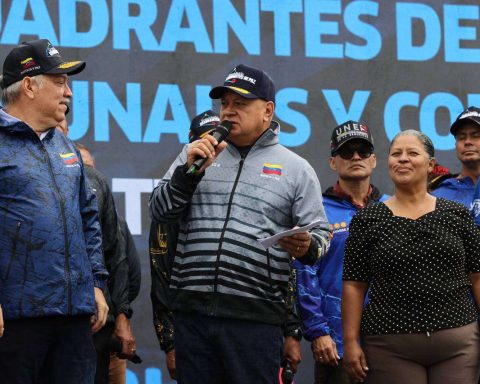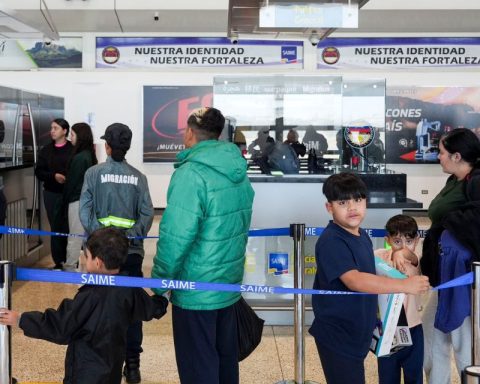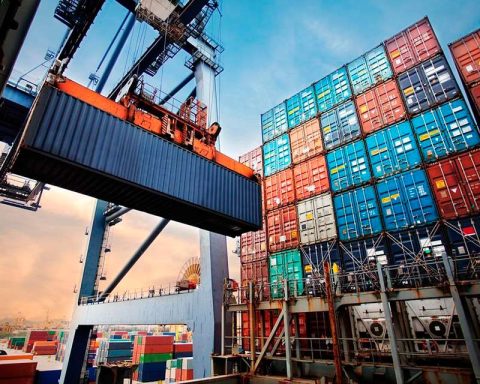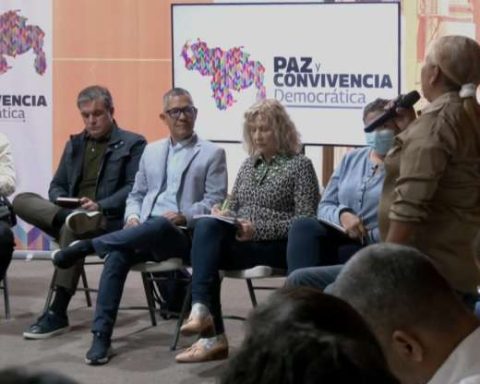The absence of Russia and Ukraine as energy and food suppliers in world markets have resulted in instability in the prices of different products. Faced with this crisis, some world powers They have chosen to seek supplies from Latin American nations.
After reviewing the production information in Colombia and consulting analysts, it can be concluded that Colombia is unable to fill part of the void left by Russia and Ukraine in the production and sale of raw materials, food and energy.
According to DANE, Colombia mainly exports to Russia and Ukraine coffee, meat, fruits and coal. Given the context of war, it can be thought that what is not sent to those countries can be redirected to other nations, however, this is not the case since other nations in the region produce the same products, more and better.
Additionally there wouldn’t be many products to redistribute considering that, according to data from Asobancaria, during 2021 Colombia’s exports to Russia, Ukraine and Belarus they were only 0.42% of total shipments of products abroad.
What the analysts say
Mario UruenaPolitical Scientist, Professor at the Faculty of Jurisprudence of the Universidad del Rosario, Doctor in Law, Master in Geopolitics and expert in security and conflict issues, explained that in food production there are other countries in the region with greater possibilities of attracting the interest of the powers.
“Brazil could increase their participation in the fertilizer production because is among the 10 largest producers, Mexico what is between 25 oldercould strongly increase its participation in this market (…) in the cereal thememaybe countries like Argentina, which is a great producercould also have an important and increasing participation”, said Urueña.
Regarding energy issues, Urueña adds that the country most benefited by exporting oil in the region would be Venezuela considering the openness that the US has had with the regime of Nicolás Maduro and Colombia would have a “more modest” benefit.
David Perez Reynaan associate professor at the Faculty of Economics of the Universidad de los Andes with a doctorate in economics from the University of Minnesota, highlights that, if the Western powers did not buy products from Colombia before, the war situation would not cause a change in this stance.
“What can happen is that somehow global chains start to change a bitfor example, since the pandemic began, there has been a lot of talk about how important it is for global supply chains do not rely solely on one provider (…) In this sense, the conflict in Ukraine can have that diversify certain supply chains”, explained Pérez Reyna.
Regarding national production, Pérez acknowledges that Colombia has “an important comparative advantage in agricultural products and that can be quite striking for Europe, Canada, the United States” but highlights that the demand for this type of product “is not going to change due to the conflict what is happening in Ukraine. So (…) if he sold us enough before, I don’t think that amount is going to change.”
The problem of the lack of competitive industry
Mario Uruena ensures that Colombia would not be on the list of priorities of the powers to supply “that lack of inputssince obviously Colombia is not a large producer, neither of fertilizers nor of cereals, despite the fact that it has an important energy sector then it does not become the countries with the highest production either”.
with this coincides David Perezwho explains that the US or European nations would not have in mind increase its business plans with Colombia since the country “it does not have the capacity to produce many of these inputs and also because I do not believe that this is in the interest of those countries to compensate with Colombia for what they cannot get with the other sides.”
Uruena also highlights that the unbridled need for energy products, including pollutants such as coal, could help the Colombian industry to be taken into account and achieve the shipment of materials such as coal or gold.
Although the powers can reach supply agreements with Latin American countries and those import deals would be maintained after the end of the warbetween these commercial agreements, Colombia would not be one of the most benefited.
















